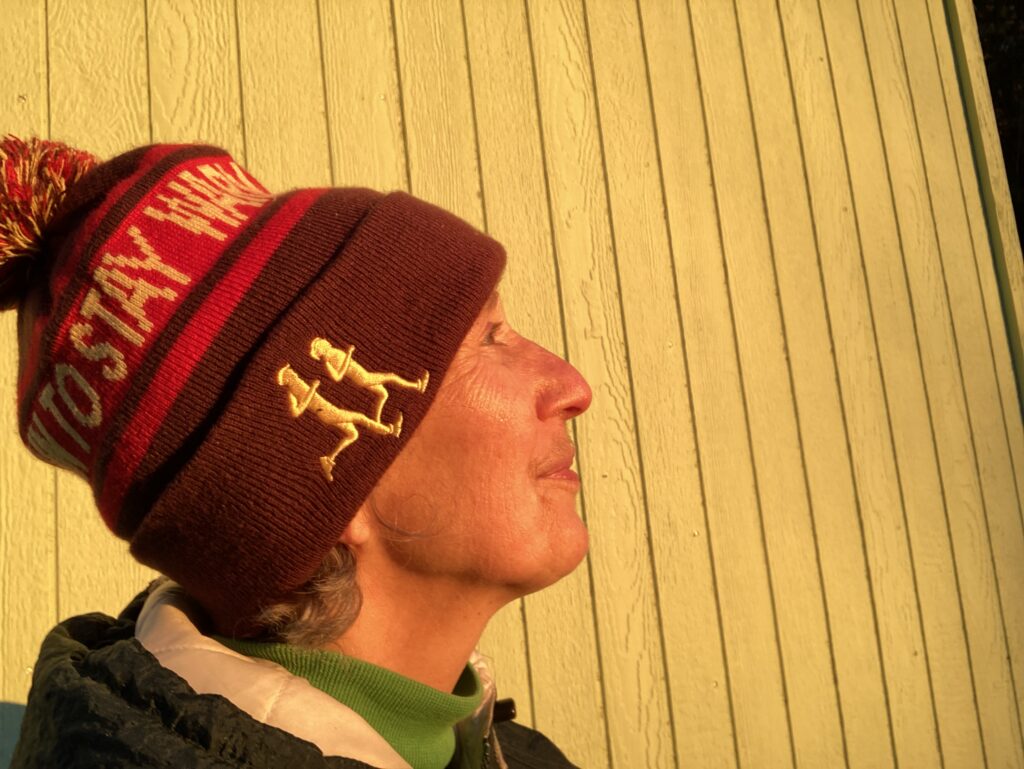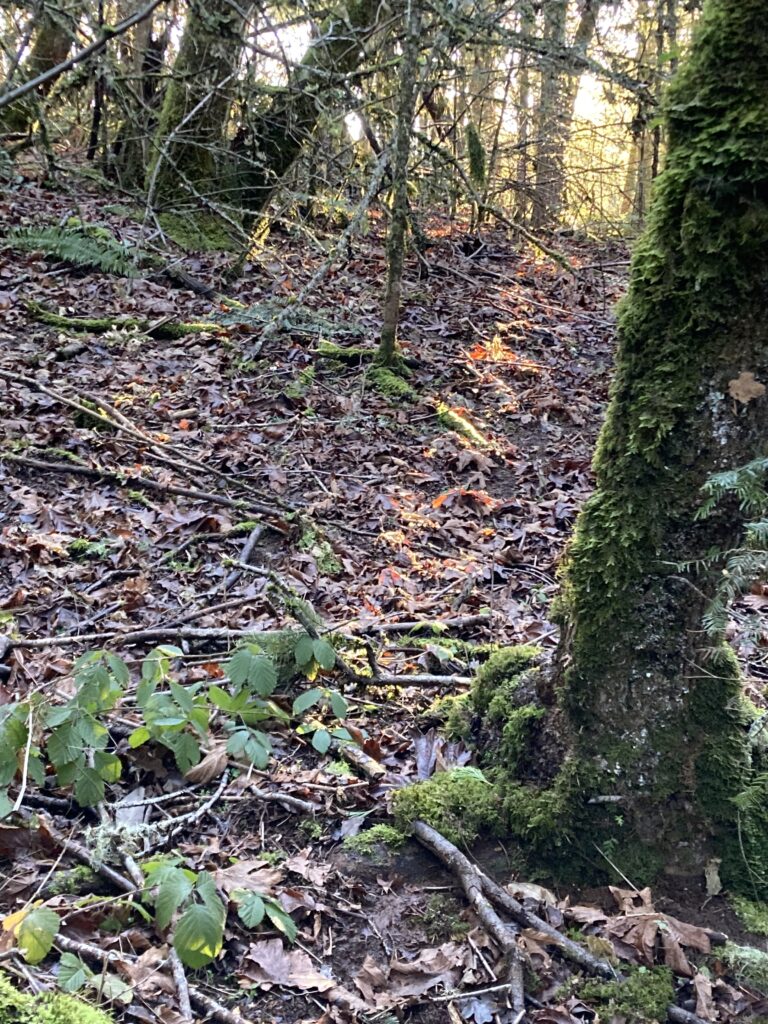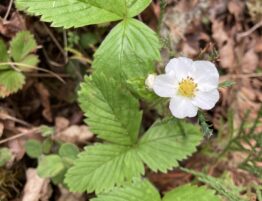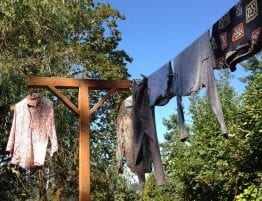Thoughts on Aging

A few days before my birthday, a couple of months ago, I wrote about reaching seventy five years. I am aware of the passage of time. So much of it seems cyclical: watching the moon move through her phases, the replacement of the toilet paper rolls, the milk in the carton. On a longer scale, there is the time to plant peas, then to harvest them; or the season to arrange plum buds in a vase, then time to pick plums, or rake leaves. When I find myself frustrated that I seem to face recurring challenges through these cycles, I’m comforted by the observation of a friend that he sees his life as an ascending spiral. When he comes around to the same issues, he’s on a different plane. I often visualize spirals as vertical, not just on a flat plane, so when I come around this time, I may have advanced. I may have a new perspective since the last time I faced this dilemma. With satisfaction, I sense growth.
But I know my personal cycles or spirals won’t go on forever. At some point, my turn to use these atoms and molecules will expire. It’ll be time for the molecules to reconfigure and re-purpose. I don’t know what, if any, essence continues when the atoms are done in this body. Surely, the atoms go on to other uses. Is there some intangible element that is also re-purposed?
Just like my sense of stewardship for a little bit of land I live on, I feel like I should make right use of the raw materials I’ve been given. Ah, a good Quaker phrase, “right use,” meaning proper, ethical, honorable. And then there is right use of my hours and energy toward my family, my community, my species, all species, all atoms. Responsibility. Responsibility to use not just the stuff, but the ideas, thoughts, words, and energy in a way that is beneficial for all. Doesn’t my turn with these gifts come with an obligation?
Somewhere between the micro and the macro scale, I have bones and muscles and ideas to attend to. That’s where Nia’s collection of tools comes in to help me creatively care for and design my body and my life. I feel grateful for my ongoing Nia education, and other practices I’ve learned. A part of my sense of obligation is to share what I’ve gathered in a way that is useful for others. I seem to be doing this aging thing in my unique way, one foot in the working world, and one foot in the world of retirement. That feels perfect at times, at others, it feels too scheduled. I hope to align with my personal purpose to foster sustainability and resilience. I want a lifestyle that I am able to sustain over the long haul. It needs to include growth and vibrance, otherwise, I’m losing resilience. It needs to include time for the people I love most, otherwise is becomes drained of joy and delight.
In a recent dream, my life buddy and I are driving up a very steep road in remote country, like sage brush desert. There’s a gate across the road. It’s flexible, and we are intended to drive over/through it. We can’t see beyond the top of the hill, so we don’t know what the road will be like beyond that. We have no idea what terrain or landscape will show up. It seems like the road has a sharp turn at the top of the hill.
Thinking about the dream: it’s a metaphor for our conversations about aging and what our lives are going to be like as we grow older. There are, and will be, barriers, but we have the capacity to get through them. We can’t see or know what’s ahead, but we have the drive (pun intended) and the curiosity to keep going forward. The landscape is dull, but there’s the possibility it will open to an interesting, even beautiful, vista. I think even in the dream there was a sense that the vista might be enticing and lovely from the top of the hill.
And then I wonder, why were we not fascinated and exploring the terrain right where we were? There have been times in the past when we have discovered amazing things among the sage brush. I remember once when we stopped just to stretch on the side of a desolate road in Eastern Oregon, and were excited to find lots of petrified wood. Many teachers advise us to savor the moment.
It’s fashionable these days for people our age to downsize, to get rid of accumulated belongings, and move to smaller living quarters. It’s a sensible and thoughtful thing to do, so that our children don’t have to sort through a houseful of stuff the way many of us did for our parents. It’s also an exercise in values clarification, an important process to do periodically through life. I think of all the times I’ve up-dated my purpose and mission. Time to do it again while I sift through my collections.
But after a couple of days of in-depth discussions about our next steps for our household, I wake up the next morning feeling overwhelmed by impending change. Sadness, anger, and grief well up inside me, hot, like tears waiting to come. My friend said, “I don’t want to move. And I’m going to.” Now, we, too, are wondering how to choose a living situation that will last us to and through being less able. This day, the simplest views in my home feel precious to me: the wall behind the stove, the plants on the windowsill. What if this is the last time I will see them?
As usual, I take a walk to let my thoughts gel, or to clear and re-form. At the top of the hill, I lean against the trunk of my oak friend and let the tears flow. I’ve been here before. I remember thinking in summer wildfire season that if it all goes up in smoke, I would feel bereft of my beloved landscape and then find a way to go on. It snowed last night, up here on the hill, even though it’s just icy back at the house. I feel the sun on my face, keeping the tears from freezing, and notice the new shoots of green grass.

The grass reminds me to make room for what’s next, to savor this and then let go. See the beauty. Take the next step on the trail, on my path. Notice the sunlight making the drops on the branches sparkle. Notice where the deer trail is illuminated in the forest and follow the light trail.
Sorting through papers, I find a simple note I had jotted to myself, “Set aside my doubts and take action.” Maybe it won’t be the perfect action, but it will keep me moving. Chip Conley, and his colleagues at Modern Elder Academy, suggest that we need to develop Transformational IQ, TQ, as we age.
At this, or any age, we continue being who we are. The living room is still full of more books than fit the shelves. On the table, we have added reading glasses lying about among the books, emblematic of remaining ourselves while we accommodate change.


